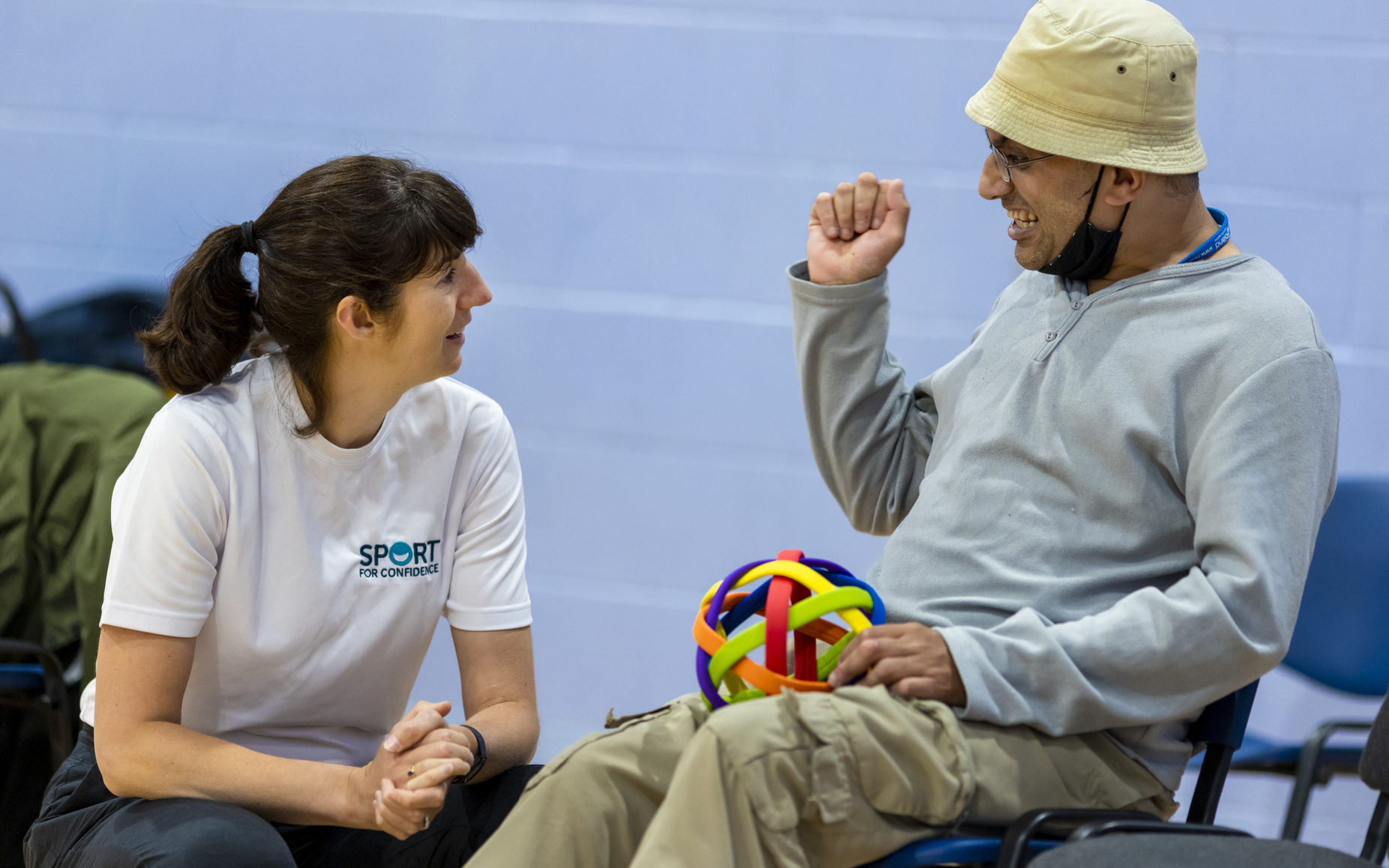Occupational Therapists (OTs) are increasing in their role in Primary Care, working together with General Practitioners (GPs) as well as other community services as part of the Primary Care Network – working together to proactively care for the people and the local community they serve closer to home.

Some of population groups Occupational Therapists are working with include:
• Frailty
• Physical Disabilities
• Learning Disabilities
• Mental Health
• Care Homes
• Vocational Rehabilitation
Occupational Therapists (OTs) provide practical support to empower people to facilitate recovery and overcome barriers preventing them from doing the meaningful activities (or occupations) that matter to them. Engagement in these meaningful activities can promote and enhance occupational performance components, which are transferable skills required for activities of daily living. From eating and sleeping, personal care and moving around, to accessing community assets, personal finances and more.
OTs consider and explore the personal, environmental, and occupational needs of a person, to support them holistically to achieve their goals and increase their sense of belonging, well-being, and satisfaction in all aspects of life.
Primary care services provide the first point of contact in the healthcare system for people when they need health advice or treatment. Quite often General Practitioners (GPs) occupy key positions in primary care which has led to creating a workforce involving GP practices and other community health and social care professionals (Occupational Therapists, Pharmacists, Mental Health, Voluntary services, Adult Social Care and others) to create Primary Care Networks (PCNs).
As part of the NHS Long Term Plan, the PCNs aim is to build upon current primary care services and provide proactive, personalised, coordinated and more integrated health and social care for their local communities.
The Role of an Occupational Therapist in Primary Care
With expansion of Occupational Therapy roles across the UK in Primary Care, their value and impact are becoming increasingly and widely recognised, to meet the complexity of need that frequently requires more than a medical approach, at a much earlier stage than secondary care.
As well as supporting people earlier, OTs working in primary care can work proactively to prevent occupational deprivation (being prevented or precluded from participation and engagement in occupations of necessity, obligation, and choice), which can significantly diminish health, wellbeing, and quality of life.
Occupational Therapist’s in Primary Care can help people with:
• Improving ability and confidence in managing their own health and day to day activities.
• Home assessments to support to live safely and independently at home.
• Short term rehabilitation to improve function.
• Appropriately referring onto other services or signposting onto support.
• Early intervention to prevent crisis situations.
• Returning to work or remaining in employment.
Occupational Therapist, Aimee Nuttall presents Making Primary Care Accessible for People with Learning Disability: An Occupational Perspective at the Royal College of Occupational Therapists 2023 Conference.

Sport for Confidence in Primary Care - How Can We Help You?
We are passionate about tackling health inequalities and have a comprehensive understanding of why people, groups and communities are not able to engage in occupations that have health benefits.
We can deliver GP practice and community-based interventions, shaped around the needs and culture of your local population, that prevent occupational deprivation and maintain and improve recovery and occupational performance and participation.
If you would like to know more about our work in Primary Care please email info@sportforconfidence.com






